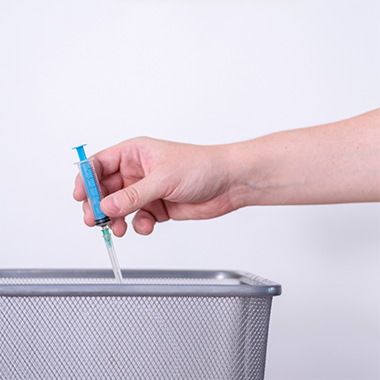
The guidance provides a framework that manufacturers can use to show that physics-based or mechanistic computational models used to support regulatory submissions are credible.

The guidance provides a framework that manufacturers can use to show that physics-based or mechanistic computational models used to support regulatory submissions are credible.

Companies must now electronically submit all FDA 510(k) submissions using the eSTAR platform. Dr. Dhriti Roy, vice president of Regulatory Affairs Transformation at Essenvia and faculty at Oxford University’s MedTech innovation platform, highlights the benefits and challenges of eSTAR, as well as processes and tools companies need to adopt as they transition to this new submission process.

AI-driven regulatory platforms support SaMD organizations by proactively monitoring and adapting to the dynamic global regulatory landscape. The technology alerts users to anticipated regulatory updates worldwide, facilitating improved foresight and trend detection. It also provides guidance on addressing potential lapses in product compliance, integrates with existing workflows and streamlines regulatory tasks from classification to registration and market entry.

Behavioral health providers were excluded from the 2009 HITECH Act, which contributed to significant disparities in EHR adoption between mental and physical health providers. The Behavioral Health Information Technology (BHIT) Coordination Act could help remedy this, yet regulatory and societal barriers to full interoperability remain.

In an era where sustainability is no longer a choice but a necessity, the medical industry finds itself at a crossroads. With the increasing amount of medical waste generated daily, the traditional methods of disposal are proving to be inadequate and environmentally detrimental. Enter the world of Smart Disposal Systems, where the Internet of Things (IoT) is revolutionizing the way we handle medical waste.

On October 30, President Biden issued an Executive Order establishing new standards for artificial intelligence (AI). The order focuses on safety and security, privacy protections, advancement of equity and civil rights, promotion of innovation and competition and advancing American leadership in AI.

The goal of the collaboration is to optimize the benefits of PCCPs by supporting predictability and harmonizing regulatory considerations across jurisdictions, and ultimately, put safe and effective advancements in the hands of healthcare providers and users faster.

EU MDR requires significant reforms to the device labeling process. Manufacturers must ensure that identifiers are correctly applied to products, and that key data elements and formats are accurate. In addition, manufacturers need to have access to centralized data, audit tracking, robust security controls, eSignature capabilities and strong workflow management to ensure compliance.

Megan Coder, Vice President for Product and Policy at the Digital Medicine Society (DiMe), discusses the society’s new project aimed at researching global regulations for digital health to create a foundation for approval and patient access that can cut across regions.

The committee will advise the Commissioner of Food and Drugs on issues related to Digital Health Technologies (DHTs), and FDA policies and regulations about these technologies, providing relevant expertise and perspective to improve the FDA’s understanding of the benefits, risks and clinical outcomes associated with use of DHTs.